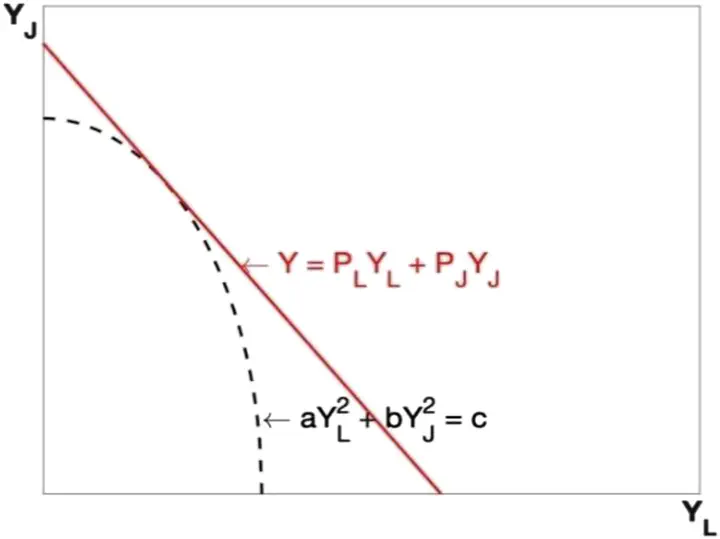The coronavirus trade-off – Life vs. economy: Handling the trade-off rationally and optimally

Abstract
The recent coronavirus outbreak has made governments face an inconvenient trade-off choice, i.e. the choice between saving lives and saving the economy, forcing them to make immensely consequential decisions among alternative courses of actions without knowing what the ultimate results would be for the society as a whole. This paper attempts to frame the coronavirus trade-off problem as an economic optimization problem and proposes mathematical optimization methods to make rationally optimal decisions when faced with trade-off situations such as those involved in managing through the recent coronavirus pandemic. The framework introduced and the method proposed in this paper are on the basis of the theory of rational choice at a societal level, which assumes that the government is a rational, benevolent agent that systematically and purposefully takes into account the social marginal costs and social marginal benefits of its actions to its citizens and makes decisions that maximize the society’s well-being as a whole. We approach solving this trade-off problem from a static as well as a dynamic point of view. Finally, we provide several numerical examples clarifying how the proposed framework and methods can be applied in the real-world context.